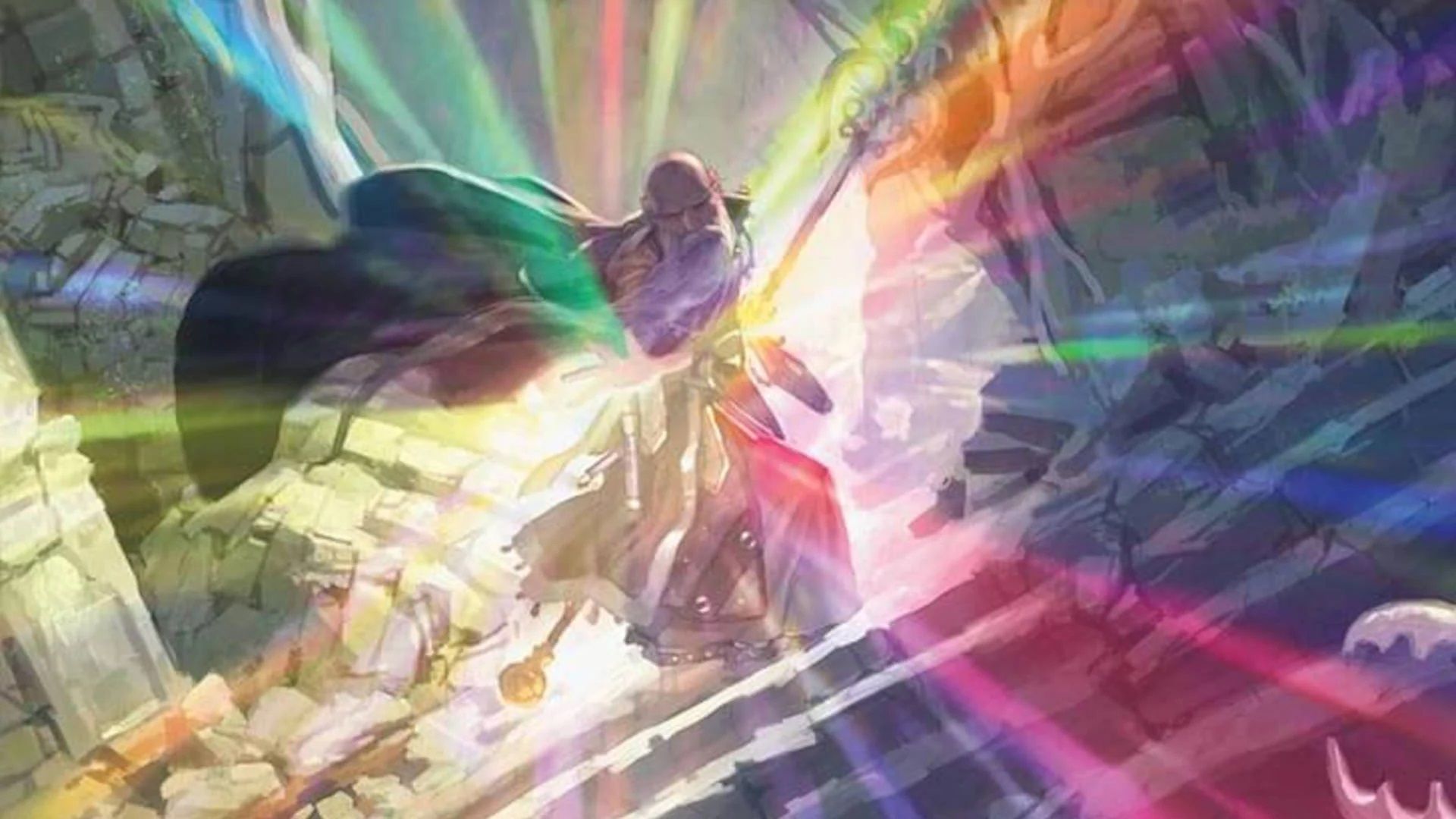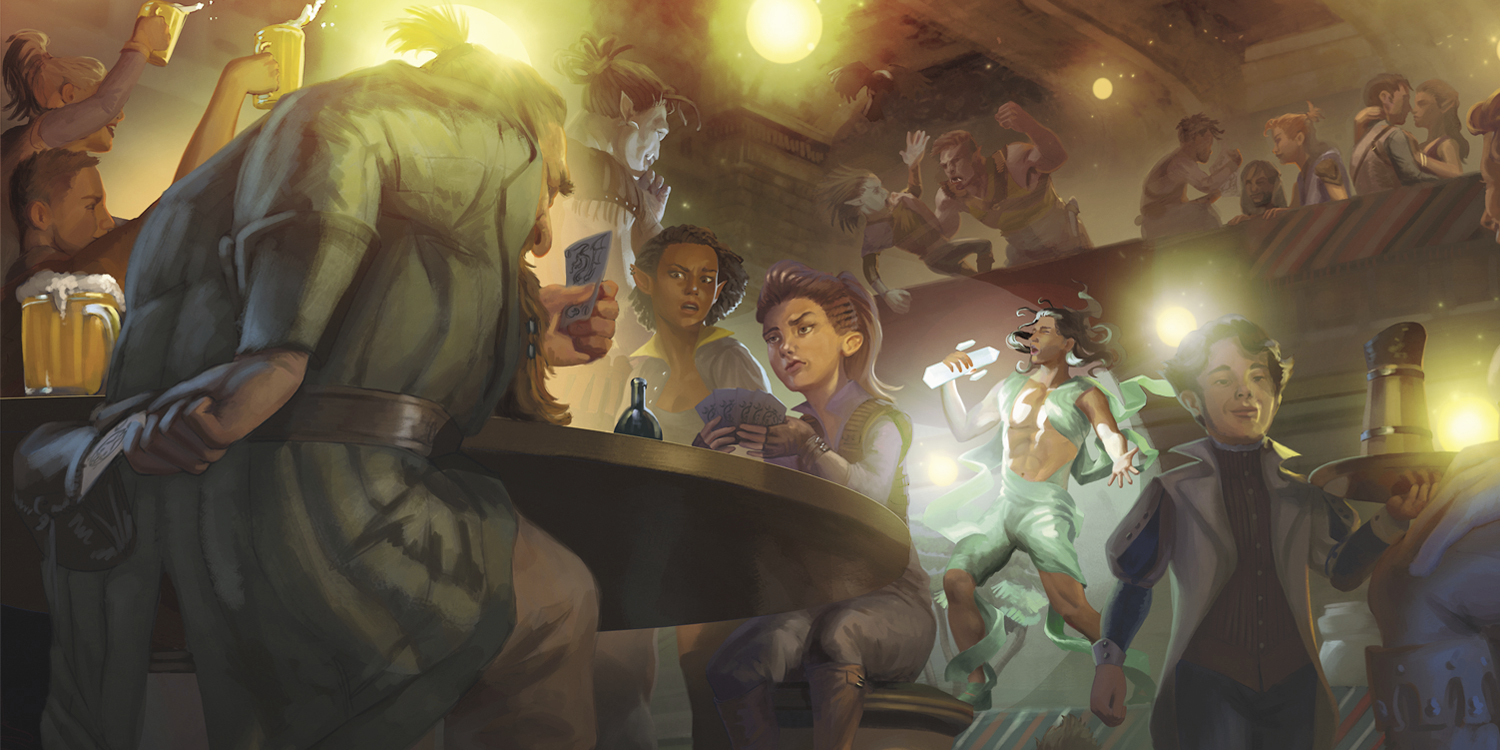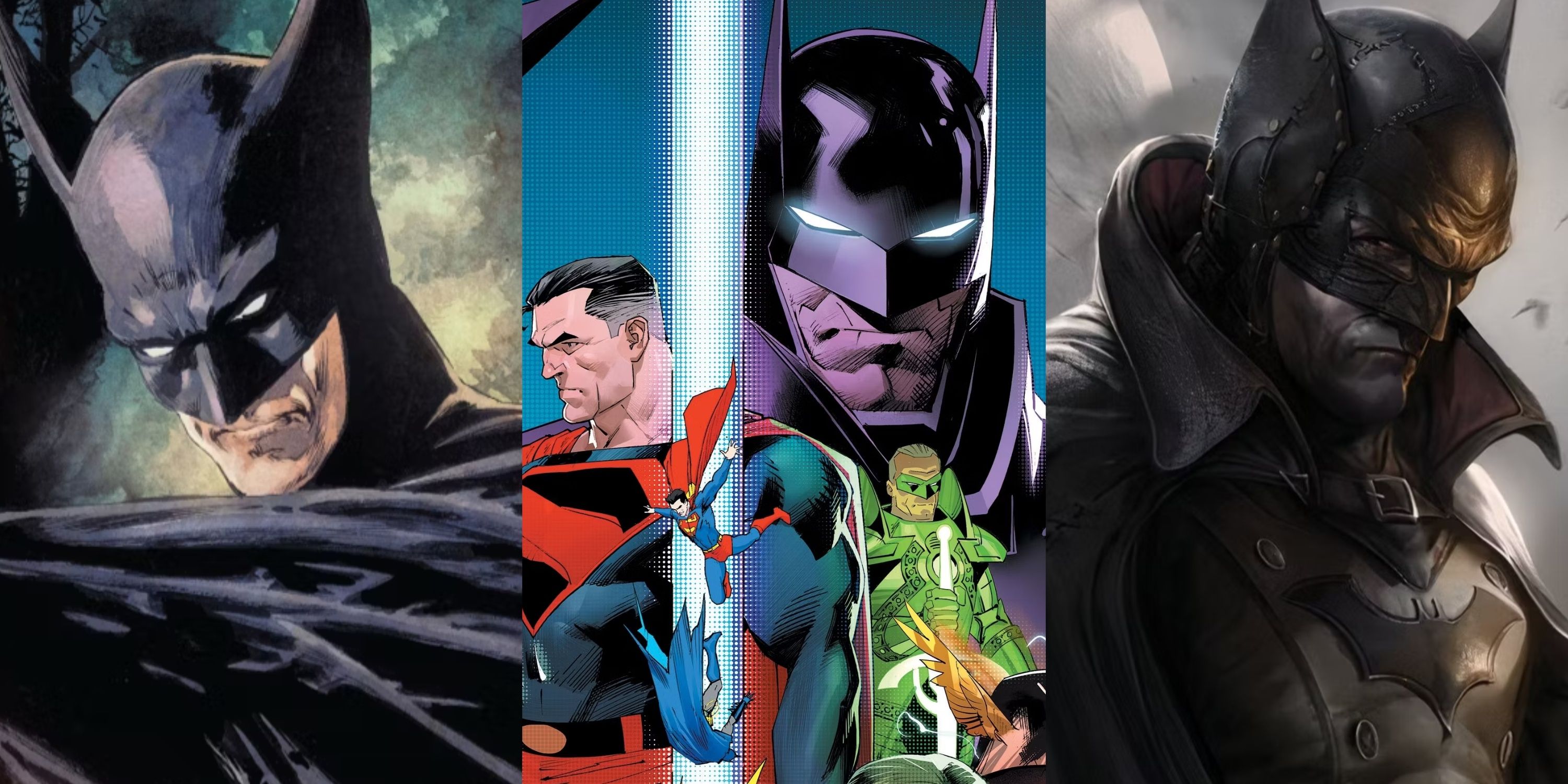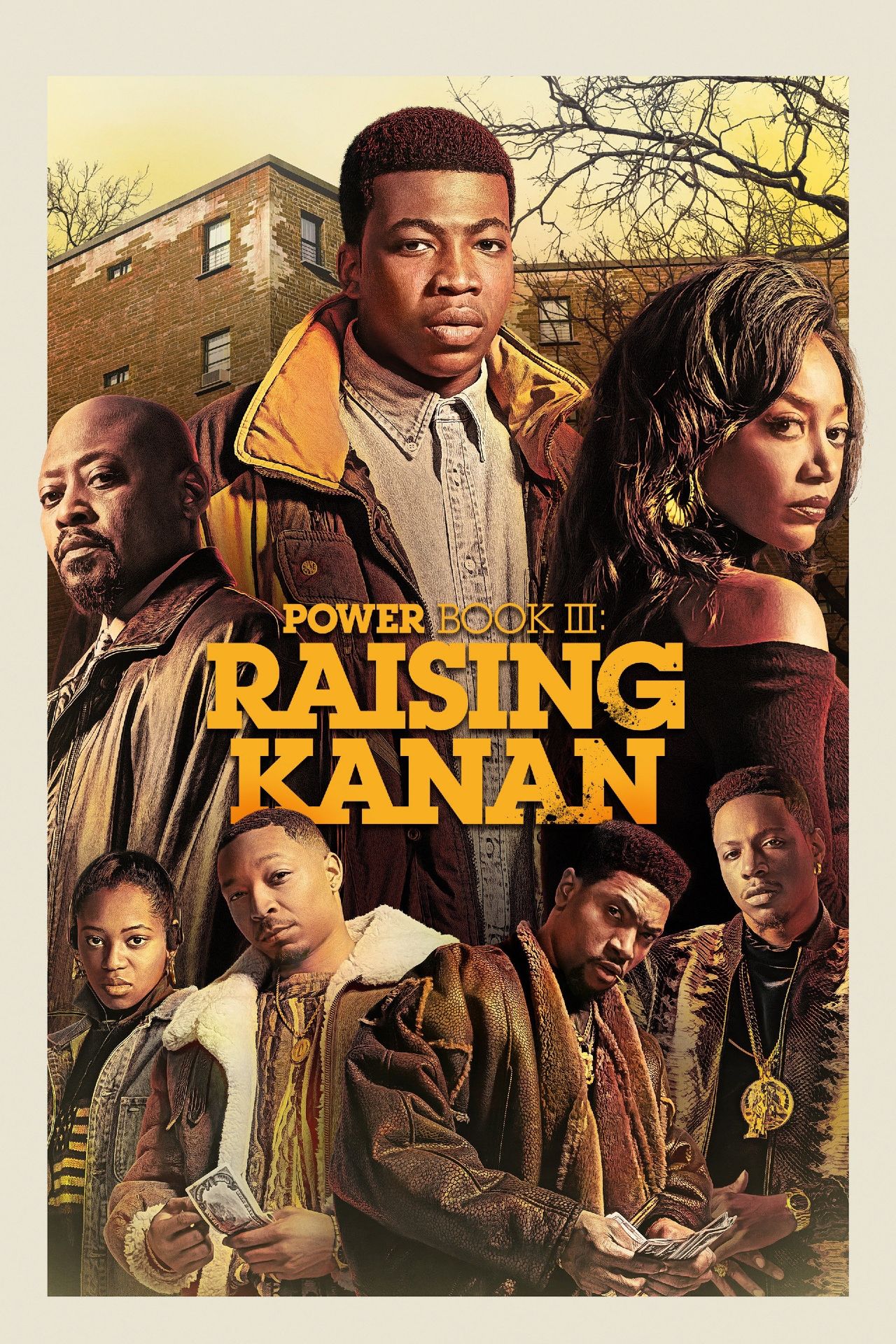The original Dungeons & Dragons pioneered the concept of role-playing games back in the 1970s, and inspired tabletop and video game designers alike to create their own, original RPG systems and settings. To this day, Dungeons & Dragons, currently published by Wizards at the Coast, remains the most popular and successful tabletop RPG franchise worldwide. This raises the question of if D&D‘s dominance in the tabletop RPG industry is drawing attention away from other, less popular RPGs. Or if instead, it actually gives novice players an opening to experience the many alternate tabletop RPG products available on the game market.
The earliest editions of Dungeons & Dragons, the brainchild of Gary Gygax and Dave Arneson, took established rules for tabletop miniature strategy games centered around simulating combat between medieval European armies and scaled into a cooperative experience where each player controlled a single character and tried to overcome challenges set out by the game’s referee. From this simple seed of a concept, the hobby of role-playing games emerged; dozens of creative minds created their own unique RPGs, drawing inspiration from D&D in good and not-so-good ways.
Dungeons & Dragons’ Popularity Colors Gamer Assumptions Of What RPGs Should Be

Through rules for D&D character classes and fantastical races, Gygax and Arneson also injected tropes from classic western fantasy literature; stout warriors like Conan the Barbarian, and eccentric wizards from the Dying Earth stories became part of the narrative. As the first of its kind, D&D‘s “typical” fantasy RPG world setting full of underground ruins, monsters, treasure, and magic became the default premise of nearly every role-playing game, for better or worse.
The RPG term “Fantasy Heartbreaker,” first coined in 2002 by game designer Ron Edwards, refers to a specific category of tabletop RPGs best described as attempts to make games that are “D&D, but better.” A classic Fantasy Heartbreaker copies the classic tropes of old-school Dungeons & Dragons and often retains game mechanics such as class systems or attribute scores, and old D&D dungeon-delving campaign concepts, even if said concepts are clunky by modern RPG design standards. Finally, these Fantasy Heartbreaker RPGs always contain a few truly original and fun ideas such as new magic systems, and interesting character creation procedures.
Not every tabletop RPG with a western-style fantasy setting is a Fantasy Heartbreaker. Still, the phenomenon is symptomatic of the more widespread notion that role-playing games must be like D&D both mechanically and narratively. To escape this cliché, some indie tabletop game developers choose non-fantasy fiction genres worlds apart from D&D and build game mechanics from the ground up to support them; the Fiasco heist story roleplaying game, for instance, has no Game Master and tries to recreate the crime plots of Coen Brothers movies. Dungeon World, in contrast, has the general western fantasy setting and character classes of D&D, but used the Powered By The Apocalypse RPG rules to center gameplay around the ebb and flow of dramatic story beats.
None of this is to say that Dungeons & Dragons is a bad tabletop role-playing game; far from it, in fact. The current D&D 5th Edition is a very good system for telling western fantasy stories about wandering heroes who start out slaying rats for money and end up saving the world. Other D&D-alternative tabletop RPGs, however, might work better for gamers who want to tell a different kind of fantasy story or engage with genres far removed from the idea of fantasy. Consequentially, some gamers worry D&D‘s current dominance of the tabletop RPG market obscures the existence of alternative RPGs to DnD, penalizing indie developers.
D&D Is The Most Popular Tabletop RPG, But Not The Most Beginner-Friendly

One other potential complication of D&D‘s dominance of the RPG industry is the complexity and ‘crunch’ of its rules (though it’s considerably less complex than other RPG systems such as Shadowrun or Rifts). To play the new One D&D edition, for instance, players need to learn what dice to roll in certain circumstances, decipher terminology such as “initiative order” or “saving throws,” and be experts in One D&D character classes and how their abilities work.
Compared to the 1st, 2nd, 3rd, and 4th editions of Dungeons & Dragons, the 5th edition of D&D is a lot more accessible while still retaining the broad structure of its original vision. Newcomers to the tabletop RPG scene also have a lot more resources available to help, ranging from online character generators to Actual Play shows such as Critical Role or Dimension 20. Besides showing people how fun tabletop RPGs can be with a group of friends, the Actual Play recordings also teach viewers how to engage with the mechanics of the RPG rules and, more importantly, how to role-play a character’s actions and collaborate with other players to tell a good story.
Though it’s easier to learn Dungeons & Dragons than ever before, D&D is still a tactics-heavy game and isn’t necessarily the best tabletop role-playing game for beginners. At the same time, D&D is often the first tabletop RPG gamers get exposed to, and thus the first they try to play. For all the useful Dungeons & Dragons player resources published by Wizards of the Coast and other third-party companies, a novice who finds D&D‘s mechanics difficult might step away from the RPG scene entirely, unaware that other game systems might be more to their liking.
As tastes and cultural trends in the gaming industry evolve, this dynamic might change. Tabletop RPGs with beginner-friendly rules and different themes might grow to rival D&D in popularity. Such a development, rather than “canceling” D&D, would instead liberate the world’s first RPG from the shackles of being the “default” role-playing game, freeing both designers and players from the burden of trying to make a dungeon-crawling fantasy RPG encompass every genre and story.



